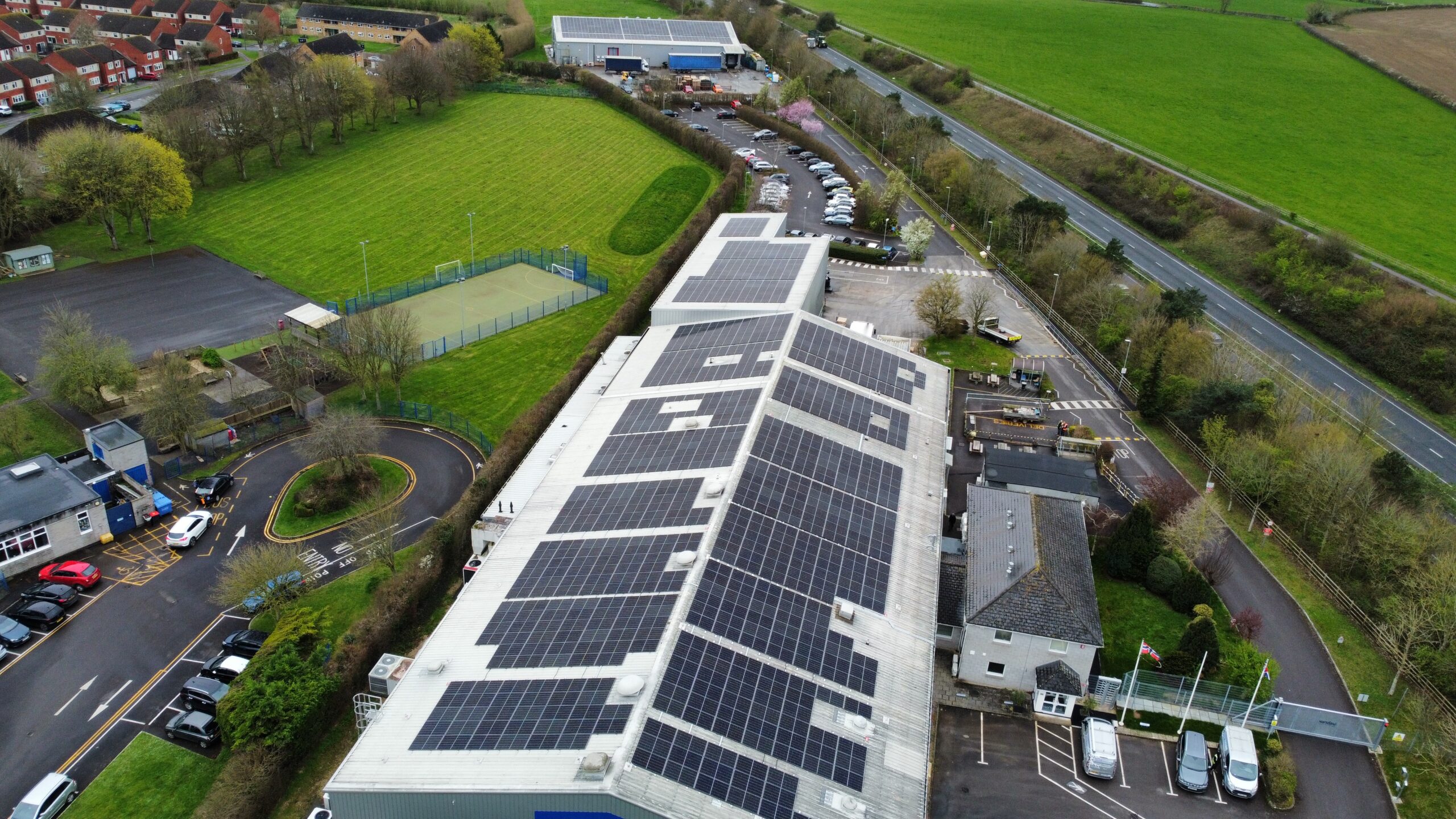Here at Harvest Green Developments, we firmly believe that solar energy is the power of the future and that the advantages of committing to this renewable source of energy far outweigh any disadvantages.
In this article, we will explore the advantages and disadvantages of solar energy to help you better understand its fast-evolving potential and answer any queries you may have.
Advantages of Solar Energy
The chief benefit of solar energy is that it is one of the cleanest sources of power. It is renewable and sustainable, unlike fossil fuels which will eventually run out – the power of the sun is limitless.
Installing solar panels allows businesses, schools, and other organisations to generate their own electricity which over time can lead to significant savings, especially in the UK where utility bills are likely to remain high for the foreseeable future.
Once in situ, the majority of solar panels have very low operating and maintenance costs. They need minimum upkeep, with regular cleaning and occasional checks being all that is needed to ensure optimal performance. Many solar panels come with warranties of 25 years or more, making them a real investment for the future.
Crucially, solar panels provide an opportunity for energy independence. By generating your own electricity, you reduce your reliance on the grid and external suppliers. This is particularly beneficial for organisations in off-grid locations.
In addition, technological advancements mean that panel efficiency is continually improving. New energy and battery storage solutions are driving down costs and making solar energy more accessible.
Are there any disadvantages to solar energy?
One of the many perceived disadvantages of installing solar panels is the high installation costs. While it is true that batteries, inverters and installation can represent a significant upfront investment, the cost of some panels has decreased in recent years. Furthermore, our specialists at Harvest Green Developments are always happy to advise on grants to help with the initial outlay.
Another concern for potential investors is that solar generation is directly dependent on sunlight, which means that panels are less effective in areas which are more prone to cloud and rain. It is worth pointing out here that solar panels do not require constant bright conditions in order to be effective and well-planned energy storage solutions can further enhance the effectiveness of this power source.
Businesses are often worried that the installation of solar panels will require significant space. While this may be true for homes, most businesses will have plenty of room on their premises and land for panels.
Another issue that is often raised is that panels are only able to provide an intermittent power supply. Balancing supply and demand can be challenging, but our experts can help you with back-up systems and energy storage solutions so these problems simply don’t occur.
To conclude, solar energy presents a compelling option for a more sustainable and cleaner future with a multitude of benefits such as reducing carbon emissions, lowering electricity bills and promoting energy independence.
As technology continues to advance and costs decrease, solar energy is likely to become an even more integral part of the global energy mix. By carefully weighing the advantages and disadvantages of solar energy, individuals and policymakers can make informed decisions about adoption strategies, helping to shape a greener and more resilient energy landscape for generations to come.
